Augmented Reality (AR) is set to transform how we interact with the world around us, and the latest development in this exciting field comes in the form of Orion—a game-changing pair of AR glasses that blend the physical and digital realms like never before. After years of anticipation, Orion is being hailed as the most advanced AR glasses ever made. META just revealed the future of AR technology.
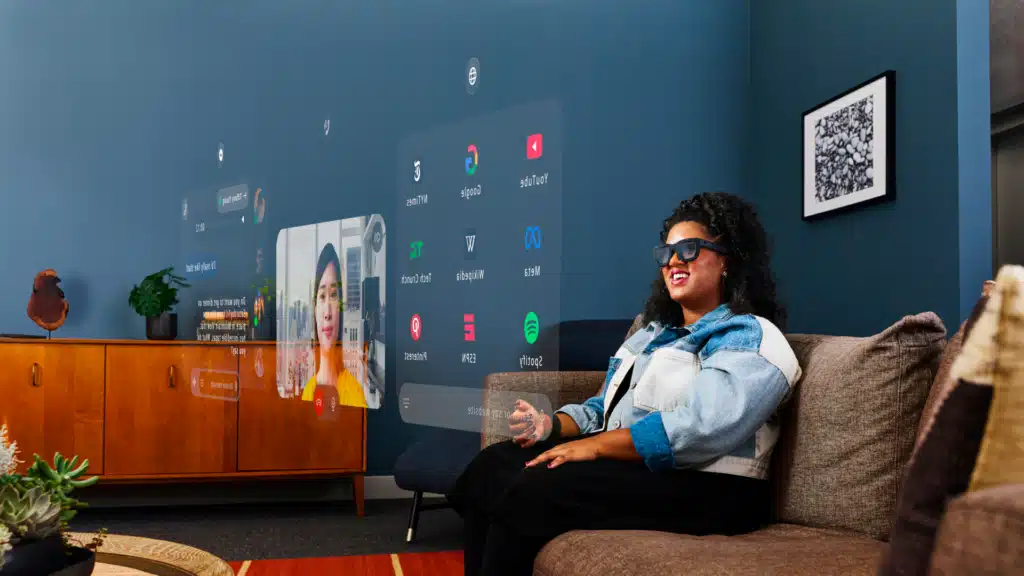
Why Are AR Glasses the Future?
There are three main reasons why Augmented Reality glasses like Orion are key to the future of human-computer interaction. Here’s what makes this technology so important:
- Beyond Screens: Digital Freedom
Forget staring down at your phone screen—Orion’s holographic displays project content directly into the physical world around you. From multitasking with holographic windows to life-sized digital entertainment, Orion transforms the space you’re in into an interactive canvas. - Contextual AI that Understands You
Orion integrates with contextual AI, which senses and responds to the world around you. Whether you’re cooking and need help with a recipe, or on a video call while managing your schedule, the AI assistant ensures a seamless flow between the digital and physical worlds. - Stylish, Lightweight, and Practical
Unlike bulky headsets, Orion is designed to be worn comfortably all day—indoors or outdoors. What sets these glasses apart is their transparent lenses, allowing you to see people’s faces and maintain social interaction, making it ideal for daily use.
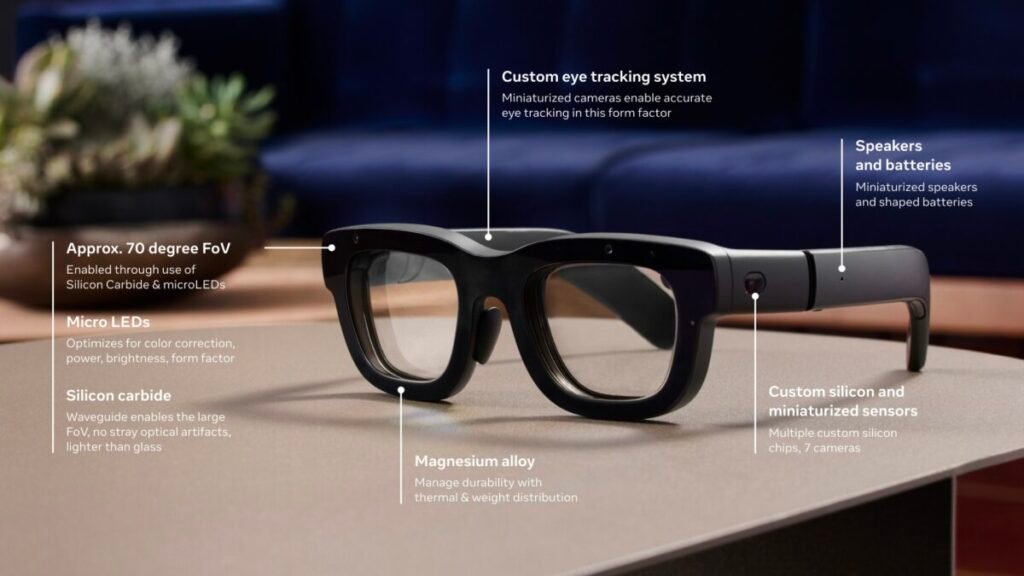
The Evolution of Smart Glasses: Moving Towards True AR
Smart glasses aren’t new, but Orion represents a giant leap forward in what they can achieve. Ray-Ban Meta glasses introduced the concept of hands-free AI access, allowing users to engage with their digital world without needing a screen. However, Orion takes things to the next level with a large holographic display that enables true AR experiences.
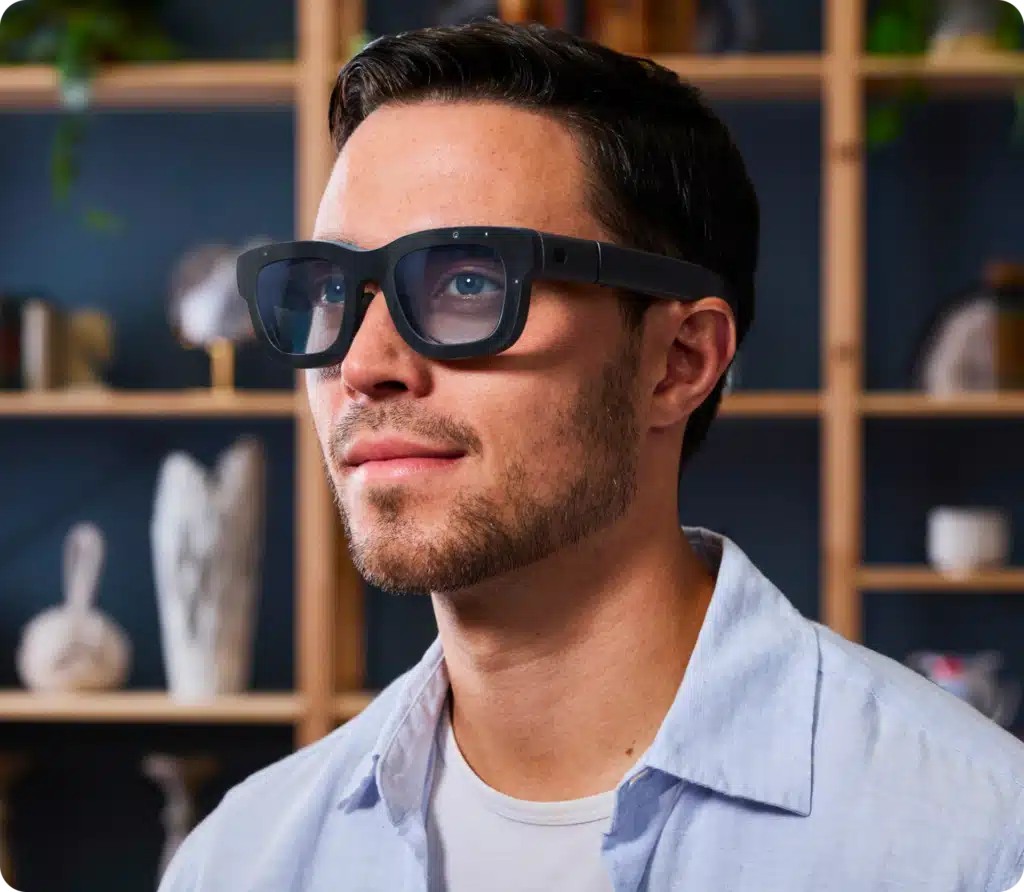
While Ray-Ban Meta was focused on AI interaction without visuals, Orion combines both worlds—a personalised AI experience and large immersive holographic displays, packed into a sleek, lightweight design. The UAE’s tech enthusiasts can expect a whole new level of engagement, with interactive digital experiences becoming part of everyday life.

Orion’s Groundbreaking AR Display
The biggest challenge in creating AR glasses has always been combining the technology needed for Virtual Reality (VR) and Mixed Reality (MR) into a device that’s lightweight and stylish. With Orion, the team behind these glasses has nailed it. Orion’s holographic display offers the largest field of view in any AR glasses to date, delivering immersive experiences in a small, wearable form.
READ MORE: Does Polestar Have a Problem?

Imagine using multiple windows for multitasking or seeing life-size holograms of people projected in front of you—all while seamlessly blending with your view of the physical world. This is the type of experience UAE residents can look forward to with Orion.

Unlike other AR glasses or Mixed Reality headsets, Orion retains its glasses look and feel, with transparent lenses. This means that while you’re interacting with the digital world, you can still engage with people around you, maintain eye contact, and share real-time experiences.

What Can You Do With Orion?
The real question for tech lovers in the UAE is: What can Orion actually do? While still in its early stages, the potential for Augmented Reality experiences with Orion is exciting. Here are some of the standout features:
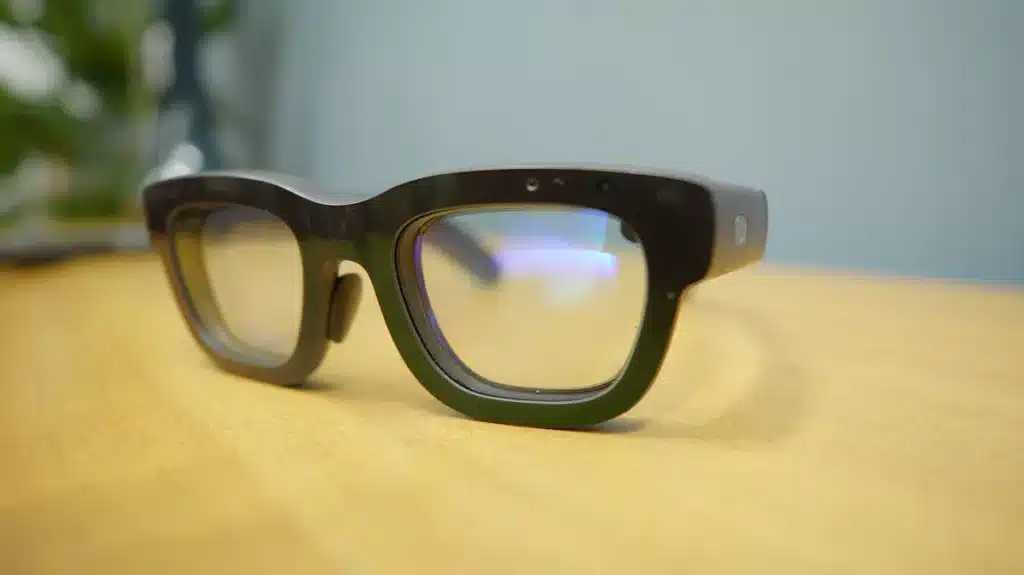
- Hands-Free AI Assistance
Orion works with Meta AI, an intuitive assistant that understands what you’re looking at and provides useful visualisations. Imagine opening your fridge and having Orion recommend recipes based on the ingredients inside. Or, without lifting a finger, you could take a video call while adjusting your family calendar—all through holographic displays. - Stay Connected, Stay Present
Orion allows users to stay connected with friends and family through WhatsApp and Messenger, sending and receiving messages without needing to pull out a phone.
These features show just a glimpse of what’s possible. As UAE tech enthusiasts know, Augmented Reality is the next frontier, and Orion is pushing those boundaries with innovation that merges the physical and digital in new ways.
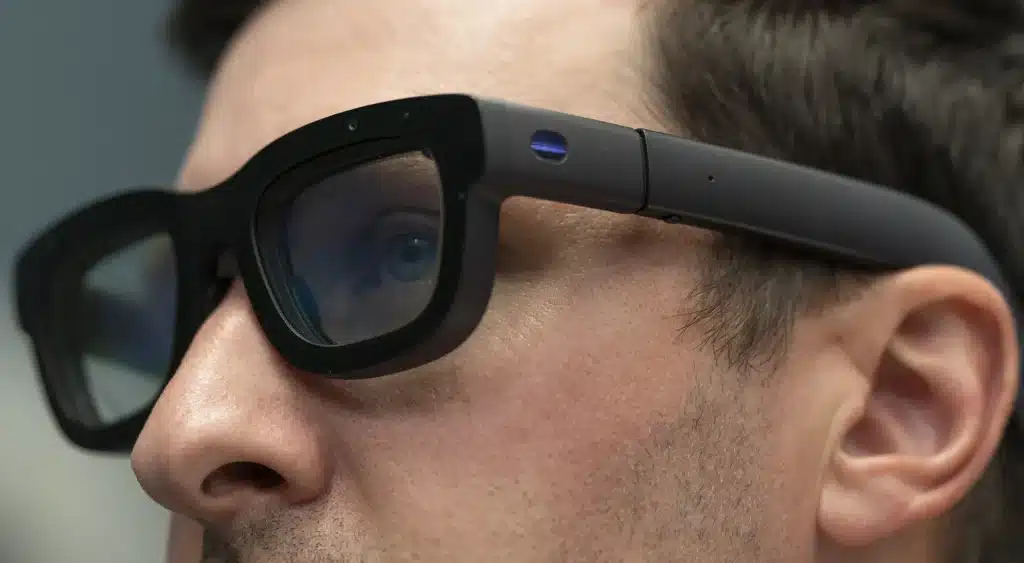
Orion: A Polished Prototype With Big Potential
The Technology is still in the prototype phase, but make no mistake—this isn’t just a research project. Orion is a highly refined product prototype, developed to showcase what’s possible with today’s AR technology. While it won’t be available to consumers just yet, Meta is already testing Orion with select employees and external partners to refine the product for eventual release.
This means that UAE consumers can expect Orion’s AR technology to continue improving, with the final version promising even more immersive features and a smaller, lighter form factor.

What’s Next for AR Glasses?
Looking ahead, Orion’s development team has their sights set on enhancing three key areas:
- Display Quality: Sharper visuals for an even more immersive AR experience.
- Form Factor: Making Orion even more lightweight and comfortable for daily use.
- Affordability: Scaling up production to make these cutting-edge glasses more accessible to a wider audience.
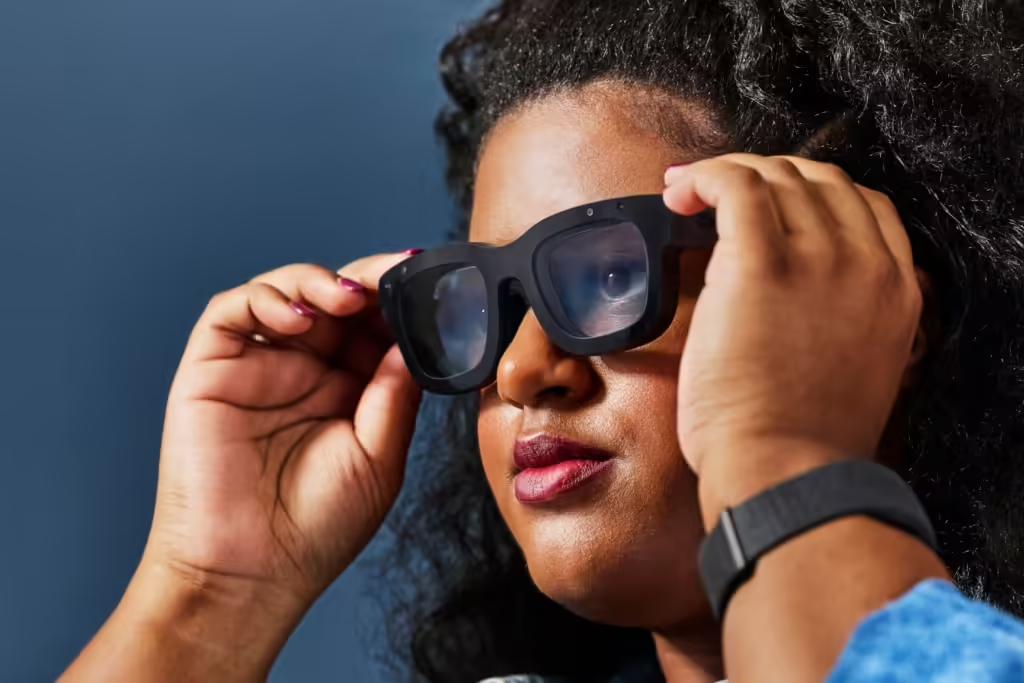
For UAE residents who love to stay ahead of the curve in tech, Orion represents a glimpse into the future of wearable technology. As the AR industry continues to grow, devices like Orion will lead the charge, enabling users to stay connected, empowered, and present in the world around them—without sacrificing access to the digital world.

Conclusion: A New Era in Augmented Reality
With Orion, the future of Augmented Reality is within reach. These advanced AR glasses represent the next great leap in technology that blends seamlessly into our daily lives. As UAE tech lovers await the official consumer release, they expect a future where digital information is easily integrated into the physical world, all through a pair of stylish and lightweight glasses.
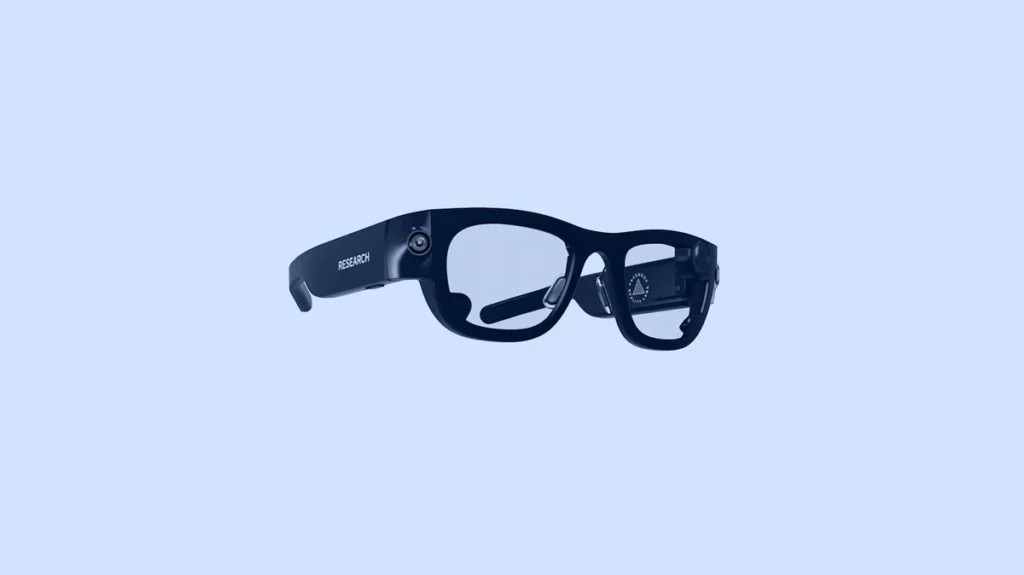
From the success of Ray-Ban Meta glasses to the innovation of Orion, the world of AR glasses is evolving, and the UAE will be at the forefront of this technological revolution.



